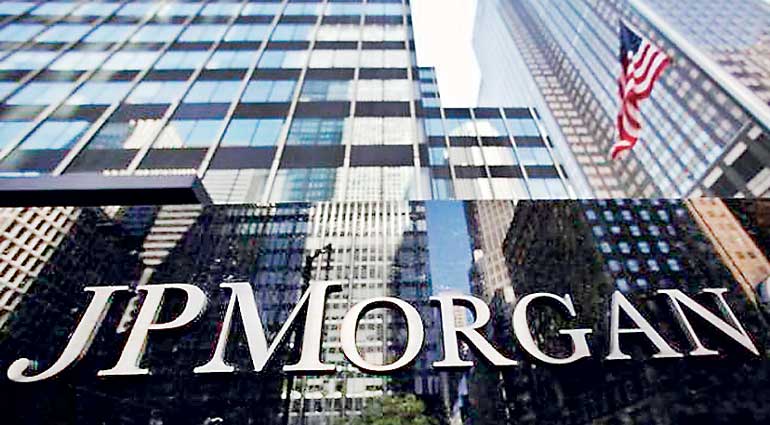Monday Feb 23, 2026
Monday Feb 23, 2026
Wednesday, 7 October 2015 00:00 - - {{hitsCtrl.values.hits}}
 A sign outside the headquarters of JP Morgan Chase & Co in New York, 19 September 2013
A sign outside the headquarters of JP Morgan Chase & Co in New York, 19 September 2013
HONG KONG (Reuters): Despite record deal volumes this year, Wall Street banks are earning less when helping companies raise equity in Asia as Chinese rivals increasingly eat away their margins, a Thomson Reuters quarterly survey of investment banking activity shows.
Equity listings in the Asia-Pacific region excluding Japan surged 40 percent to a record $197.2 billion in the first nine months of 2015 from a year earlier, with Goldman Sachs (GS.N) and UBS (UBSG.VX) topping the regional list of underwriters.
But fees earned by the international banks in this space fell or remained flat over the same period, a consequence of tougher competition in a segment that generates the lion’s share of investment banking revenues in Asia, according to Thomson Reuters Freeman Consulting Co estimates in the survey.
UBS, the best performer among the four international banks in the list of top 10 Equity Capital Markets (ECM) fee earners, kept its revenues nearly flat at an estimated $205.9 million in January-to-September. Goldman Sachs and Morgan Stanley saw a decline of around 20%, and JP Morgan’s (JPM.N) fees fell 15.7%.
By contrast, the top six Chinese players all saw an increase in fees. CITIC Securities, the top earner, increased its fee income by nearly 50% to $246 million. Guotai Junan Securities Co Ltd, saw a 58% rise in fees, and China Merchant Securities nearly doubled its fee income.
“The Chinese houses are slowly but surely building up market share at the expense of international players,” said Philippe Espinasse, a former ECM banker at UBS and Nomura.
The equity fee pool for the region rose 10% to $4.5 billion, much less than the 40% increase in deal value over the same period, reflecting a jump in less lucrative follow-on offerings.
Goldman Sachs, JPMorgan, Morgan Stanley and UBS declined to comment on their fees when contacted by Reuters, while Chinese firms including CITIC Securities and Haitong, didn’t reply to Reuters requests for comment on their ECM fee gains. Equity underwriting accounts for about half of investment banking revenues in the Asia-Pacific region compared with just 16% for merger advisory fees.
This is in contrast to the United States and Europe, where merger advice represents the bulk of investment banking revenues and ECM fees are just a fifth of the total. The trend in Japan is similar to the rest of the Asia-Pacific.
Competition
Chinese players, which have historically dominated their lucrative domestic market, are now making inroads into Hong Kong, Asia’s second-largest equity market after mainland China.
To win deals, they are driving margins down, a trend that is hurting the global banks and is expected to continue.
“There’s no question there’s too much competition,” said a Hong Kong-based ECM banker, who was not authorised to speak publicly on the matter. “The real dog fight will be among the Chinese banks and brokers. They’re killing each other to try and become the next bulge bracket firm.”
Moreover, equity deals in Hong Kong are getting crowded, with 10 or more banks featuring on several offerings, meaning each player gets a smaller bite of the fee pool.
When Chinese broker Huatai Securities raised $5 billion in a Hong Kong share sale in May, the company had 16 banks – seven of which were Chinese – acting as sponsors, joint global coordinators and joint bookrunners.
By comparison, Guotai Junan Securities had five underwriters, all Chinese, sharing fees on a similar size IPO in Shanghai in June.
“There’s clearly a dilution. You have more mouths to feed, but don’t assume that everybody is getting fed,” said the head of ECM at a global bank in Hong Kong.